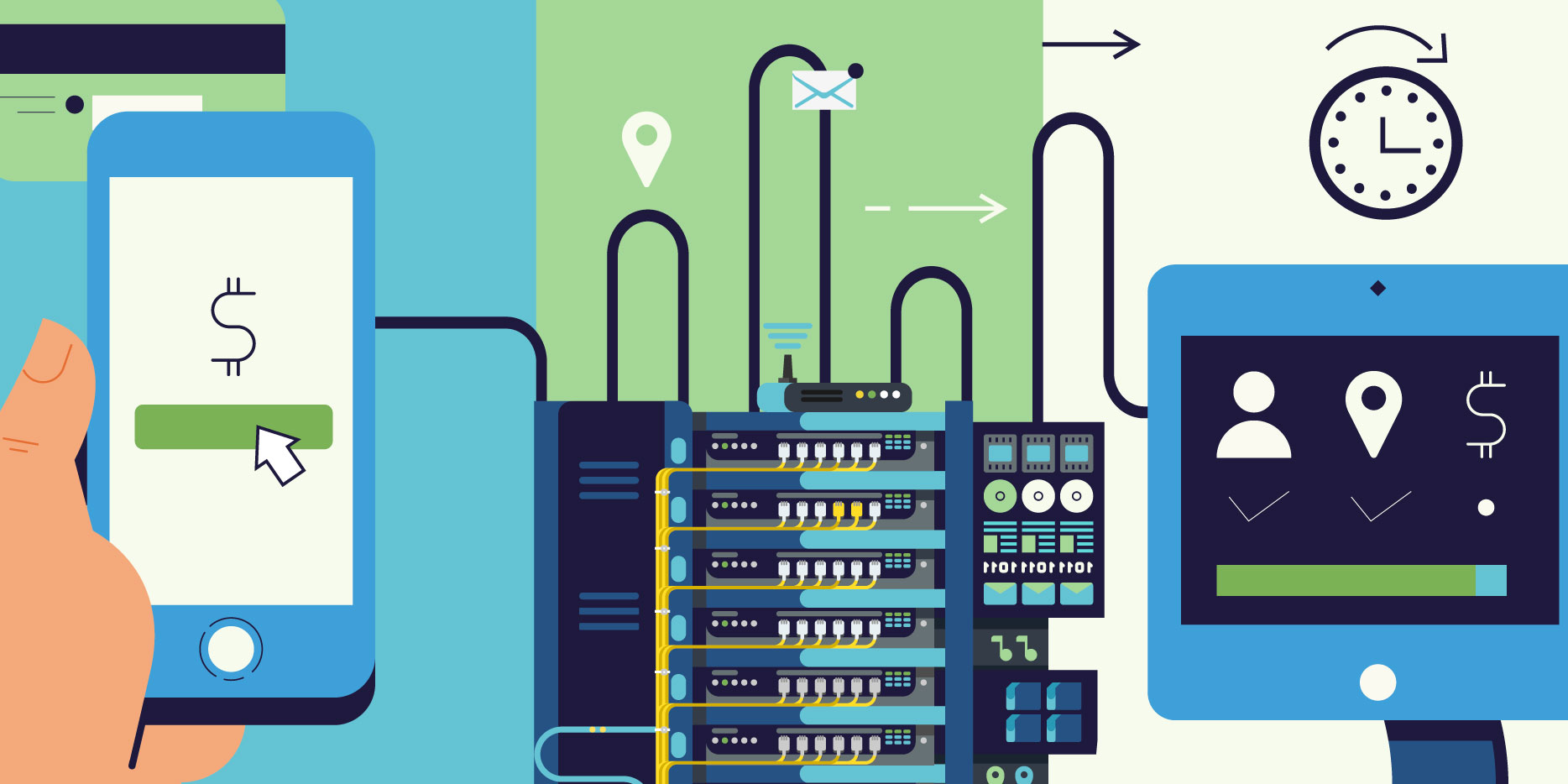
Big data, long an industry buzzword, is now commonplace among most businesses. A 2014 survey from Gartner found 73 percent of organizations had already invested or planned to invest in big data by 2016. For many companies, the question now is not how to manage and harness information, but how to do it even more effectively. The next frontier is to master speed. If you can’t analyze big data in real time, you lose much of the value of the information passing through databases.
What is fast data?
While big data refers to the massive fire hose of information generated each hour, fast data refers to information that provides real-time insights. In many industries, especially the payment industry, making quick analyses of information is crucial to the bottom line. For example, fast data could prevent a massive breach that would release sensitive customer information. In this case, analyzing information in real-time is far more important than storing it in massive quantities. When it comes to eCommerce fraud, the insights happening in the moment matter the most.
As a Wired article put it, where in the past, gaining insights from big data was like finding a needle in a haystack, fast data is like finding the needle as soon as it’s dropped.
Fast data for payments
“For payment systems, decisions must be made in the sub-second range,” Richard Harris, head of international operations at Feedzai, recently told Payment Cards and Mobile. “Our clients typically require 20-50 millisecond response times. So we’ve overcome this by using technology founded in the Big Data era, such as Hadoop and Cassandra.”
Payment processor First Data and Feedzai has teamed up to use machine learning to fight fraud. Feedzai monitors the company’s STAR Network, which enables debit payments for First Data’s clients.
Todd Clark, Senior Vice President and Head of STAR Network and Debit Processing at First Data explained “The combination of Feedzai’s machine learning software and First Data’s experience, [Clark says], has made the STAR Network capable of scoring over 3,000 transactions per second.”
“This big speed and accuracy advantage means the STAR network is less of an attractive target for fraud,” Harris said.
Infrastructure challenges
Not all systems are set up to handle fast data. Without the right tools to manage the information flow quickly, valuable insights are lost or gained too late to be of use. While many existing platforms can handle and store large quantities of information, most fall behind when it comes to analyzing the information in real-time. To begin with, organizations need to move beyond systems that only allow batch processing, according to Wired. In this case, companies need to tell computers to analyze large batches of information, which it processes one at a time – similar to the way credit card bills are processed at the end of each month.
With most companies now set up to gain insights from big data, the next step is to enable real-time insights. In the payment world, this means catching potential fraud as it’s happening, not waiting until it has already happened.
The rise of mobile technology and the growth of big data is accelerating the adoption of AI. Download our eBook Demystifying Machine Learning to learn how AI and machine learning have evolved over the years and how these technologies can take your organization to the next level.
Share this article:
Related Posts
0 Comments10 Minutes
Boost the ESG Social Pillar with Responsible AI
Tackling fraud and financial crime demands more than traditional methods; it requires the…
0 Comments8 Minutes
Enhancing AI Model Risk Governance with Feedzai
Artificial intelligence (AI) and machine learning are pivotal in helping banks and…
0 Comments14 Minutes
What Recent AI Regulation Proposals Get Right
In a groundbreaking development, 28 nations, led by the UK and joined by the US, EU, and…


